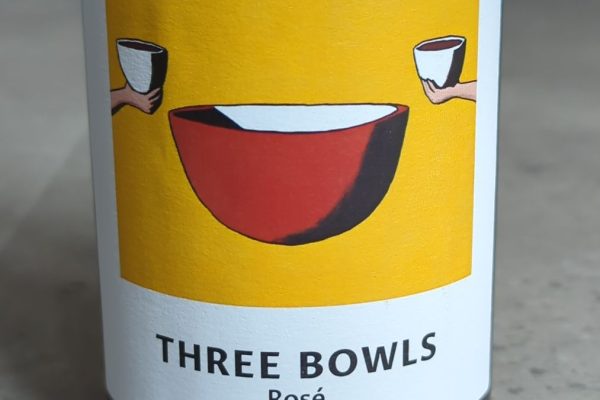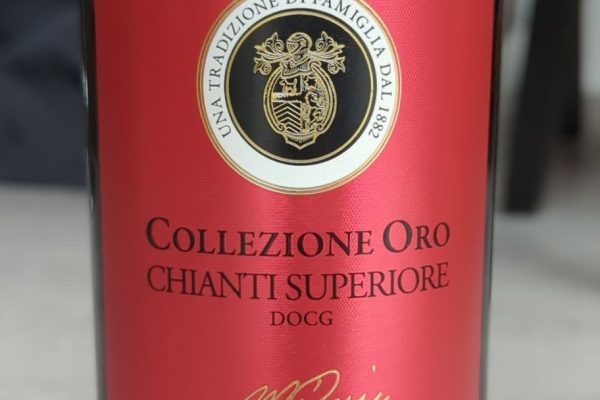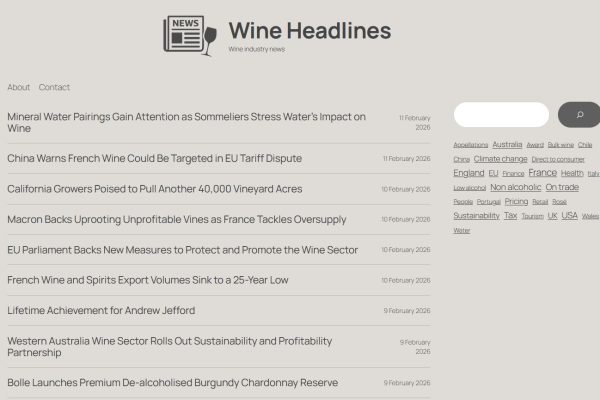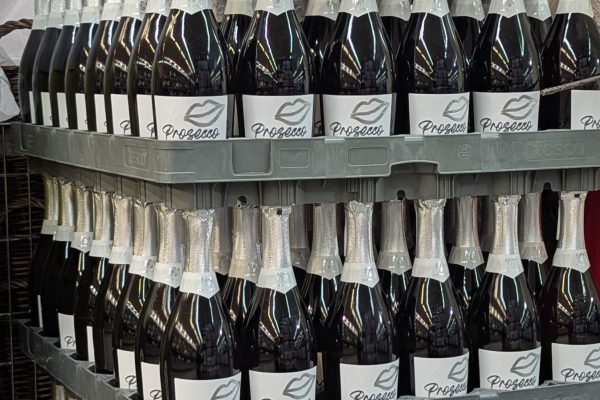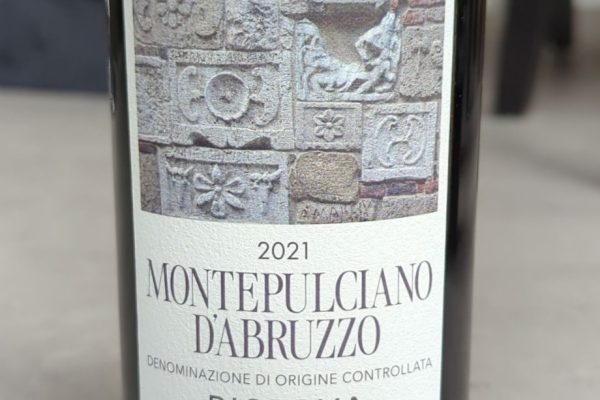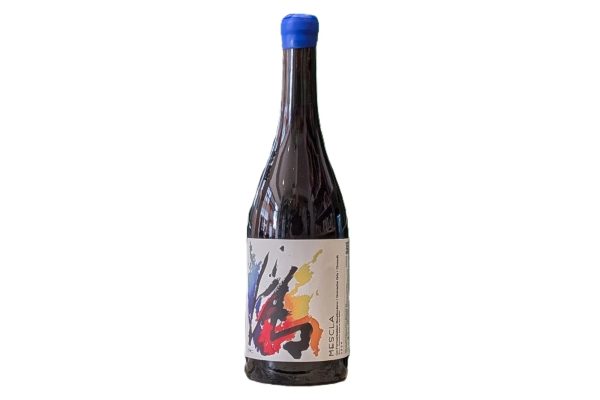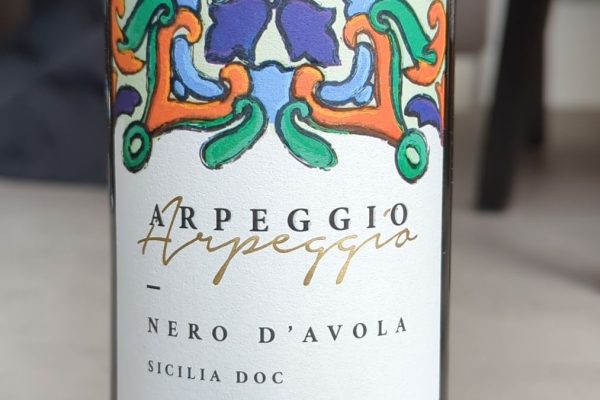
I had to include this one in my awards25 series because the 2022 vintage earned both an IWC Silver and an IWSC Silver. From the West Coast of South Africa, this Syrah comes from Cederberg, where the fifth generation of the Nieuwoudt family now oversees the estate. They are widely regarded as one of the top high-altitude producers from South Africa.
At 14% ABV, this is a medium to full bodied red, made from 100% Syrah and aged in oak.
There is a generous ripe cherry aroma with a touch of oak even when just opened. After half an hour, it becomes utterly enjoyable. The first impression is one of real roundness. Although a dry wine, it carries ripe red fruit with subtle oak in the background. The tannins are soft, and the wine has great length. A smokey aroma and flavour bring a slightly savoury character that is unexpected but works brilliantly. There is a slight earthy and herby edge as well. There’s a lot going on here, which makes it layered and very engaging. It also evolves with time, becoming more oaky and adding another level of complexity.
Reviews on the Waitrose website are mixed. Some describe it as excellent, while others feel it tastes under ripe, lacking rich juiciness or depth. These negative takes likely stem from a misunderstanding of the wine, possibly expecting an Australian (old) style Shiraz with more sweetness. The clue is likely in the naming: Syrah rather than Shiraz. It’s the same grape, but the style here leans more towards French than Australian.
Interestingly, Cederberg also produces a wine labelled as Shiraz under their own branding, which I haven’t tried, but it costs nearly twice as much and is not necessarily the same wine.
This bottle costs £13.50 from Waitrose. As a bonus, the label notes that Cederberg is part of the Waitrose & Partners Foundation. This supports workers and their families in the fresh produce supply chain by funding community projects. These initiatives, guided by local worker committees, focus on essential needs such as healthcare, education and clean water, improving living conditions through reinvested profits in both environmental and social causes.





